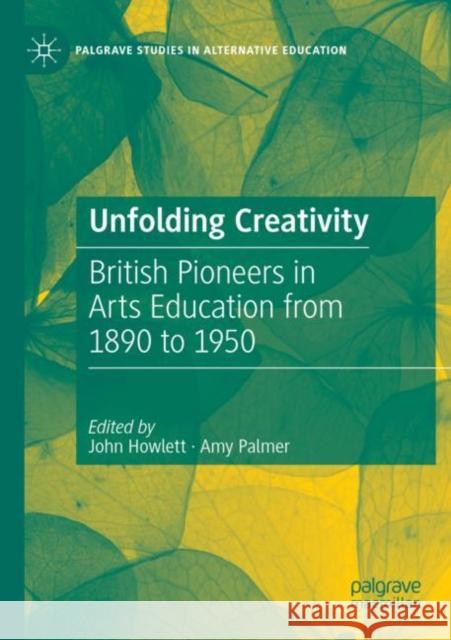Unfolding Creativity: British Pioneers in Arts Education from 1890 to 1950 » książka
topmenu
Unfolding Creativity: British Pioneers in Arts Education from 1890 to 1950
ISBN-13: 9783030757403 / Angielski / Miękka / 2022
Unfolding Creativity: British Pioneers in Arts Education from 1890 to 1950
ISBN-13: 9783030757403 / Angielski / Miękka / 2022
cena 483,04
(netto: 460,04 VAT: 5%)
Najniższa cena z 30 dni: 462,63
(netto: 460,04 VAT: 5%)
Najniższa cena z 30 dni: 462,63
Termin realizacji zamówienia:
ok. 16-18 dni roboczych.
ok. 16-18 dni roboczych.
Darmowa dostawa!
This book presents a selection of case studies of pioneers in arts education who were working in the United Kingdom in the period 1890 to 1950. Focusing on music, drama, and visual arts and crafts, the editors and contributors examine the impact these individuals had on developing innovative approaches to these subject areas and how they drew on perspectives that emphasised the need for children’s self-expression. The chapters offer an analysis of the pioneers’ beliefs and values, with a particular emphasis on their ideological positions about identity, nation, and what constituted ‘good taste’. The book further examines how their ideas were disseminated, in so doing interrogating the concept of ‘influence’ in educational theory and practice.











